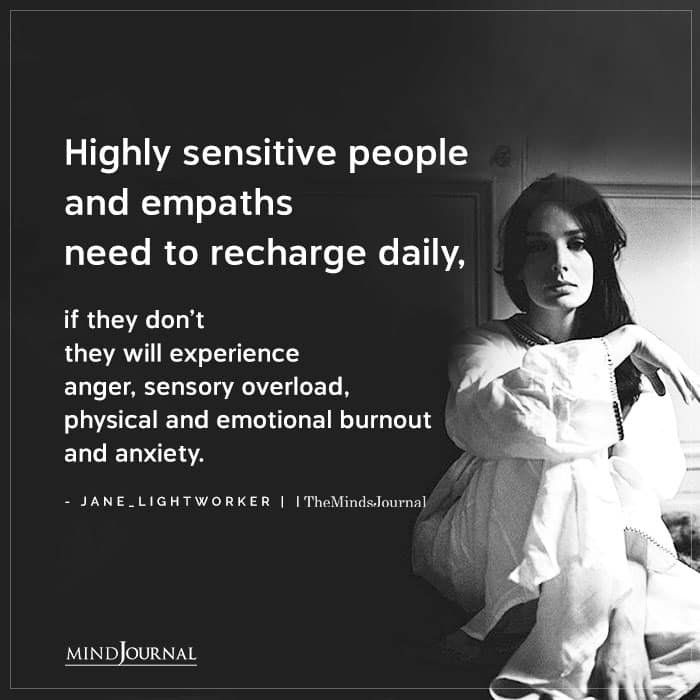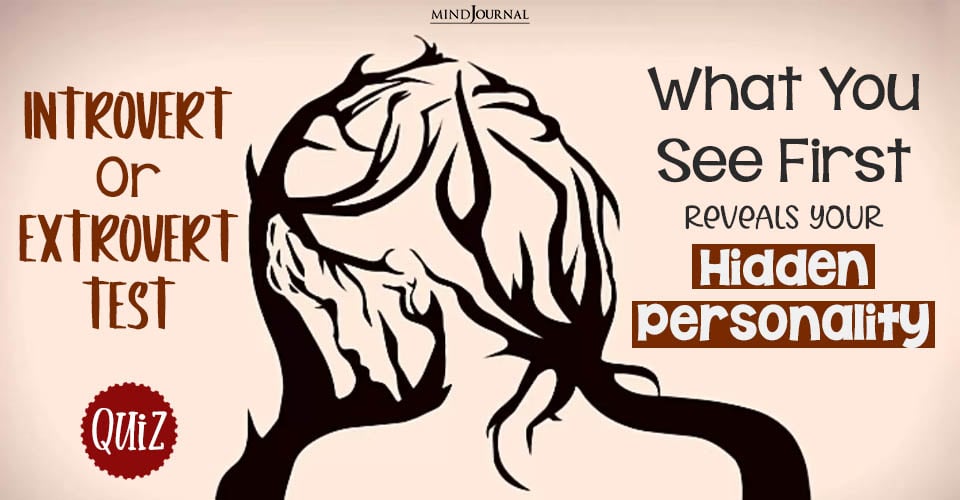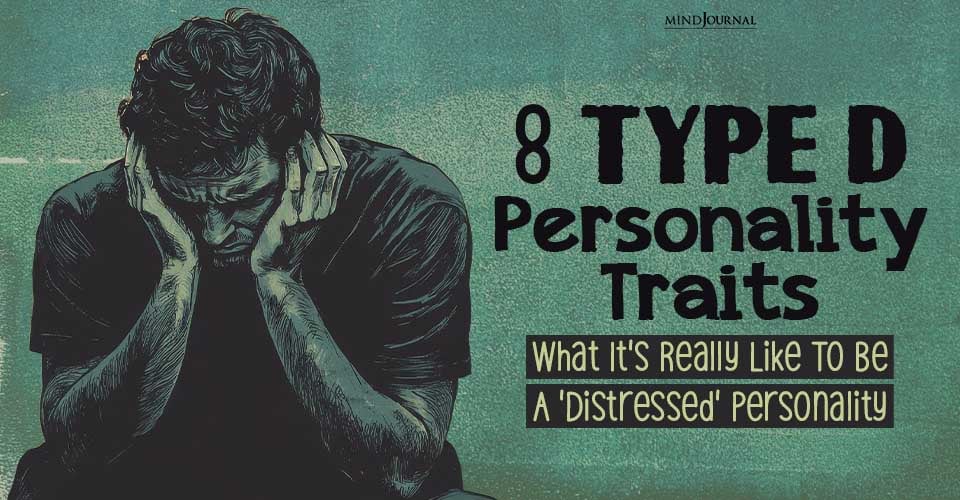Empaths are highly sensitive people with a limitless sense of empathy towards other people. From the time we were children, it’s likely that some of us have worshipped characters that can read minds and pre-empt thoughts, save the day by staying a step ahead of the bad guy, and so on.
We’ve read of magic pills, powerful potions, and psychic powers, and we’ve been swayed. Now that we’re grown up and can settle for what’s closer to what we can understand and logically explain, the term “empath” may make more sense, even if it didn’t come with any magic or superhero powers.
But believe it or not, some of you reading this might already be empaths, with your share of gifts and sensitivities, for whether you know it or not, empaths often make the world a better place.
Who Is An Empath?
An empath is a highly sensitive human being who is prone to sensing and feeling more, even that which is experienced by other people.
Empaths are said to absorb the emotions that other people feel and in some examples, are cited as people who are able to tap into the mood of a room, almost as soon as they walk into it.
From a more spiritual sense, the word is sometimes used to mean someone who is able to feel more than the average person and may even exhibit certain psychic powers. Because of a more fine-tuned energetic makeup, empaths tend to become ridden with anxiety and stress.
Are You An Empath?
As you may have already figured out, the term empath is a large one. It includes all kinds of people with the common trait of a highly sensitive temperament. So if you’re coming across this term for the first time and also trying to find out if you’re an empath yourself, then read on.
The following are feelings and behavioral traits that most empaths share.
1. The need for “alone time”.
The response mechanism empaths come with to the world is usually very refined, allowing them to “read” underlying themes in interactions and moods, compared to an average person.
But while this sounds like a boon that anyone and everyone would love to have within themselves, the fact is that it is as much a curse. The highly sensitive nature of an empath predisposes them to feel drained and exhausted, especially in the company of large crowds. Does this ring a bell?

2. The need to avoid “certain people”.
If you by now, have a sense of how empaths function, you’ll know it’s a paradoxical state. While empaths, by definition, hold a reservoir of empathy, they’re also the same people who can easily fall under the mercy of energy vampires.
Like empaths, energy vampires are of different kinds. The Oppressor, the Victim, and the Drama Queen are just a few examples. If you’ve been an empath, it’s highly likely that you’ve felt the need to get away from certain people, while also feeling the need to interact with them and “help them out”.
This side to an empath’s behavior typically continues until they become aware that they need to find ways to interact without giving up on their own well-being.
Read 9 Reasons Why Empaths Are The Best People To Have Around
3. The need to “stay away” from intimate relationships.
We’re back to discussing the paradoxical nature of empaths that makes them want to stay and run away!
The reason why many empaths unconsciously choose to weave in and out of relationships is that they don’t want their personal space to be hacked away.
This relates back to empaths wanting “alone time”, which again is connected to people feeding on the energy of empaths. Be it close friendships or intimate relationships, empaths tend to want space that is unquestioned and unhindered.
Traditional formats of friendships and partnerships may not work for these people, because they’re constantly trying to tread a fine line between togetherness and independence. If this cause-effect explanation sounds familiar to you, then you could very well fall into the category of empaths.
Apart from the above, here are a number of questions Dr. Judith Orloff, the author behind “The Empath’s Survival Guide”, says you could ask yourself if you think you could be an empath :
- Have people called me “highly sensitive” in the past?
- If a friend is overwhelmed, do I start feeling it too?
- Do I often feel like my feelings are not respected?
- Do I easily get stimulated by noise, smells or too much talk?
- Would I rather take my car to places so that I can leave whenever I want?
- Am I fearful that intimate relationships will drown me with their intensity?
- Do I eat more as a way of coping with stress?
How Can You Take Care As An Empath?
By this time, it must be amply clear to you, that being an empath can be taxing. The impact it comes with is real and can contribute to stress, tiredness, and in some cases, even depression.
So, whether you’re an empath or know a loved one who may be, self-care is an important investment. While self-care in itself is a really broad category of actions, for empaths, it may mean a set of to-dos that can allay the overwhelm and consequent helplessness.
Here’s a list that could be helpful for you or someone you know:
1. Be mindful.
As a result of the frequent tapping into energies and consequently, the overwhelm, empaths have a tendency to be swept by all that is unfolding around them.
This can be disorienting and distressing, and so as an antidote, a mindfulness practice could be really helpful. It’s not so much about meditating every single day without fail, as it is about pausing to tune in and reflect.
This dedicated “processing” time can actually help you sift through what is yours to own and what is not.
Read How To Deal With Overwhelm As An Empath
2. Set authentic boundaries.
The biggest defining characteristic of an empath is empathy, which means boundaries can often become a problem. If as an empath you feel you can’t say no or feel you must extend your listening side to whoever comes along, it might be time to change that.
Mindfulness again is a great technique here, so that you can list out what is not working in your relationships and interactions with people currently. Accordingly, you can renegotiate your terms and conditions in the way you communicate and hold space.
3. Empathise with yourself.
In other words, consider self-compassion more seriously than you ever have. It is to remember that as an empath, you often absorb more than you can handle.
This can leave you feeling drained and uncaring about your own feelings. The point here is to turn the tables and take time to understand what it is that you need, what you truly feel, and what you would rather convey.
Your sensitive nature can also make you one of those people who come down too hard on themselves for anything they consider “bad” or “wrong”. No, saying your truth isn’t wrong. Feeling your feelings isn’t wrong. And most importantly, saying no isn’t wrong.
4. Take breaks from people and activity.
If you’re an empath, it is important for you to understand that your nervous system does not operate the way it does in others.
You are highly sensitive and that makes you overstimulated in even common situations. Whereas other people can thrive in the never-ending company and incessant activity, you need to give yourself frequent breaks.
We’re not necessarily talking bubble baths or nature walks here, but downtime that allows you to breathe and stay in touch with your physical body. It could even be a replenishing nap. Do what serves you and recuperates you before you get back into the world.
Read 15 Ways To Stay Grounded And Protected As An Empath
To sum it all up, let’s just say, an empath once, an empath forever. Though it is not necessary that you undertake this journey in self-defeating ways. There are simple methods right under your fingertips to help you navigate.
And not to forget, it is special to be who you are, because if you can deal more effectively with the overwhelm, life’s actually richer and more nuanced for someone like you.











Leave a Reply